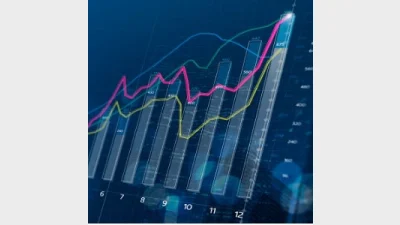How come markets are rallying?



Global stockmarkets are continuing to rally despite worldwide volatility, indicating performance is being driven by stock-specific factors than macro activity.
In the US, the country was on fire as a result of the Black Lives Matter protests and President Trump had threatened using military action against the protestors.
Despite this, the S&P 500, Dow Jones and NASDAQ all reported positive gains while European and Asia-Pacific markets were also positive, the best-performing market being the German DAX index which rose 3.7% yesterday.
Given the reaction of markets, deVere chief executive Nigel Green, said this indicated markets were being driven by a handful of major stocks, primarily technology ones.
“Global markets are continuing to rally. This is extraordinary as tensions between the US and China – the world’s two largest economies – are heightened, when the President of the US is threatening to deploy the US army onto the streets of America, and as the global economy attempts to recover due to an ongoing pandemic for which there is still no cure, to name a few of the current factors causing chaos,” Green said.
“All of this would normally send the markets into tailspin. Yet this time they continue to rally.
“But a closer look at the markets shows the upswing is being fuelled by a handful of companies that reflect the ‘new world’, which is increasingly tech-driven.
“The world has been ‘reset’ and as it readjusts, we will see new industries, new trends and new highly successful companies emerge – and probably quicker than many might expect.”
The unexpected market performance highlighted the benefits of active management as these managers were best able to navigate the market environment, rather than exchange traded funds which merely tracked an index.
“To fully capitalise on the major opportunities of this new era, and to mitigate the risks of considerable market imbalance, investors should ‘think active’ to be in the right stock,” he said.
Recommended for you
Australian equities manager Datt Capital has built a retail-friendly version of its small-cap strategy for advisers, previously only available for wholesale investors.
The dominance of passive funds is having a knock-on effect on Australia’s M&A environment by creating a less responsive shareholder base, according to law firm Minter Ellison.
Morningstar Australasia is scrapping its controversial use of algorithm-driven Medalist ratings in Australia next year and confirmed all ratings will now be provided by human analysts.
LGT Wealth Management is maintaining a neutral stance on US equities going into 2026 as it is worried whether the hype around AI euphoria will continue.












